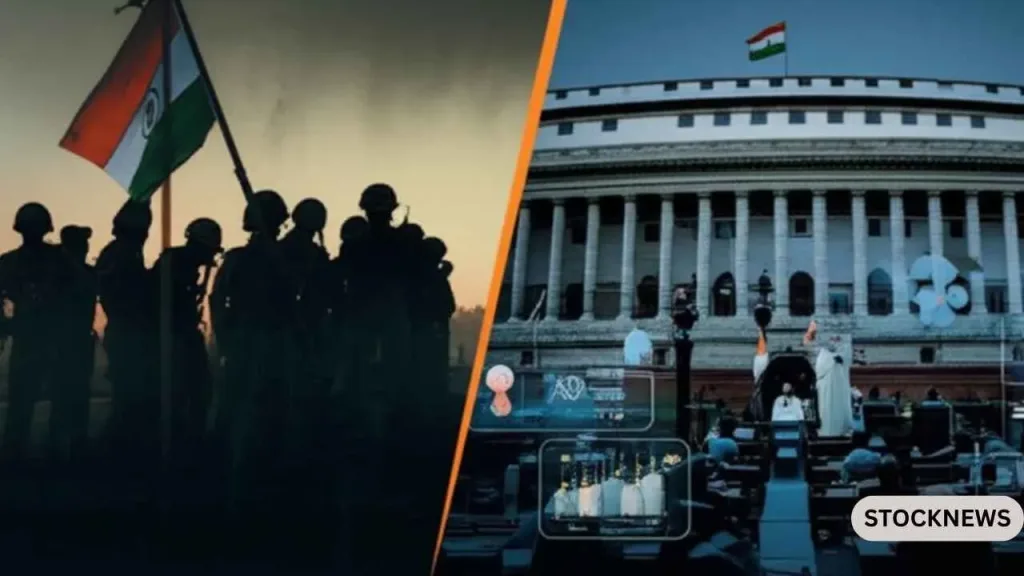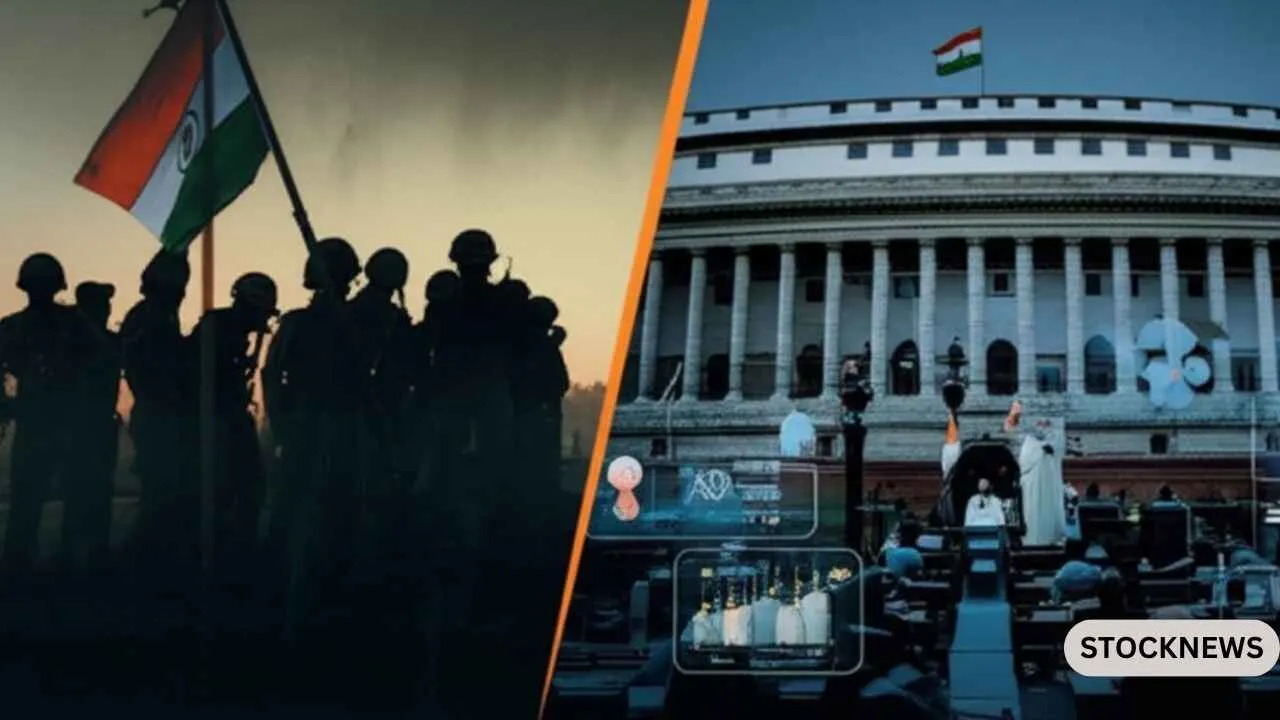Ten days have passed since the deadly terror attack in Pahalgam on May 22. As the nation continues to mourn, many Indians are asking a searing question: When will there be a response?
The attack, in which unarmed civilians—many of them tourists—were targeted by militants, reignited public fury over cross-border terrorism allegedly backed by Pakistan. The brutal assault was quickly labeled by media and political leaders as a religion-motivated act of terror. Within hours, hashtags and viral videos flooded social media, denouncing the violence and demanding immediate retaliation.
But as the dust settled, something unexpected happened: instead of retaliatory action across the border, the Indian government pivoted the national conversation—toward the caste census.
A Nation on Edge
In the days following the attack, there was widespread anticipation of a military or diplomatic retaliation. Analysts speculated over surgical strikes, precision air raids, or at the very least, a major international escalation. The mood was tense, expectant. Rumors swirled that an announcement was imminent. Even in Pakistan, reports suggested their military was on high alert, bracing for a retaliatory strike.
Instead, Prime Minister Narendra Modi’s administration announced plans to advance the caste-based census—a long-standing demand of opposition parties, particularly the Congress-led INDIA bloc. It was a stunning shift that caught even seasoned political observers off guard.
The result? Confusion. Frustration. And for many, a sense of betrayal.
“We were waiting for action,” said one retired army officer. “Instead, the battlefield became a political one—focused not on Pakistan, but on caste.”
From Pahalgam to Politics
The decision to push forward with the caste census has reignited debates around social justice, representation, and political opportunism. Critics say the government’s move is an attempt to undercut opposition momentum ahead of elections, by co-opting one of their central issues.
For years, the BJP had resisted calls for a nationwide caste count, warning it could deepen social divisions. Now, the party appears to have reversed course, a move that is either a bold strategic gamble—or an admission of mounting pressure.
Political analysts see echoes of previous chapters in Indian history, most notably Operation Parakram—India’s massive but ultimately fruitless military mobilization in response to the 2001 Parliament attack. Despite months of preparation, troops were eventually withdrawn without a single shot being fired across the border. That operation cost India over $3 billion and, tragically, more soldier lives than the Kargil War.
Is history repeating itself?
Memories of Parakram
Operation Parakram began after five terrorists stormed Parliament on December 13, 2001, killing several security personnel and nearly striking at the heart of Indian democracy. In response, nearly 800,000 troops were deployed to the India-Pakistan border. War seemed imminent.
Yet after months of international diplomacy, the government pulled back. The operation was suspended. Nearly 800 Indian soldiers died—without a war even taking place.
Today, many veterans and citizens worry that India is once again showing strength only to retreat. “We’ve seen this before,” said Lt. Gen. (Retd.) S.S. Panag. “Mobilization without action. Nationalistic rhetoric without resolution.”
A Global Stage, A Domestic Distraction
Even as international leaders like U.S. Senator Marco Rubio and Pakistani Prime Minister Shehbaz Sharif called for restraint, the Indian public has been seeking resolve, not rhetoric.
India’s defense establishment maintains that “justice will be delivered,” and that options are being weighed carefully. But for many, talk is no longer enough.
Meanwhile, government ministers have pivoted. Finance Minister Nirmala Sitharaman speaks of GST revenue. Defence Minister Rajnath Singh discusses Rafale deals. Public discourse has shifted to statistics, not strikes.
“There was a collective sense of purpose,” said a political commentator. “Now it feels like a balloon has deflated.”
A Battle of Priorities
By choosing to foreground the caste census, the Modi government may be attempting to balance social justice with national security. But critics argue that the sequencing—and silence—matters.
“They asked tourists in Pahalgam their religion before shooting them,” said one local resident. “Now our leaders are asking us our caste. What are we even fighting for?”
The opposition, while supportive of the caste census on principle, accuses the government of using it as a shield against accountability. “Don’t distract us with data,” one Congress leader said. “Tell us what you’ve done about the deaths in Pahalgam.”
For many, this dual narrative—one of anger and anticipation—remains unresolved. The call for retaliation is emotional, not just strategic. The collective psyche of a wounded nation demands closure.

Looking Ahead
Whether India acts decisively, or continues to play the long game diplomatically, remains to be seen. But what is clear is that public patience is thinning.
As the ghosts of Operation Parakram haunt the corridors of power, and as memes flood social media mocking inaction, the government finds itself at a crossroads: Respond now, and risk escalation—or delay further, and risk public disillusionment.
One way or another, the decisions made in the coming days will shape not just India’s security posture, but its political legacy.
Because in a nation where people are ready, where sentiments are charged, and where the memory of past inaction lingers—waiting can feel like defeat.
